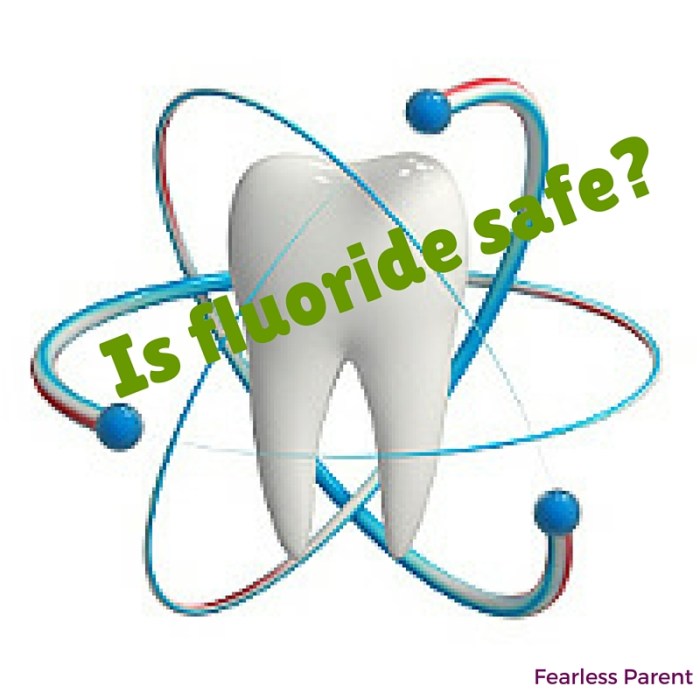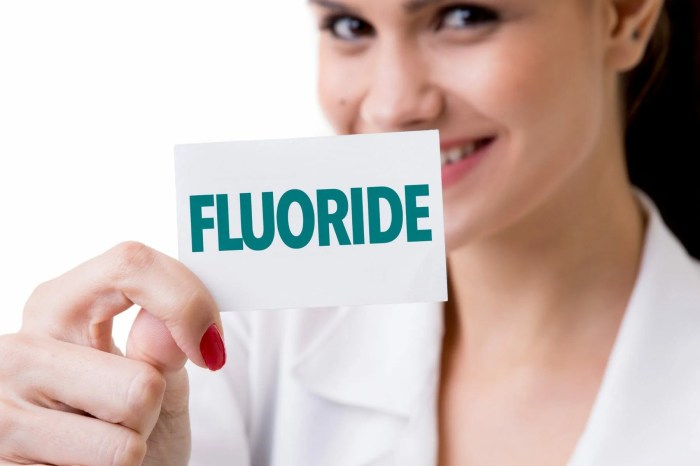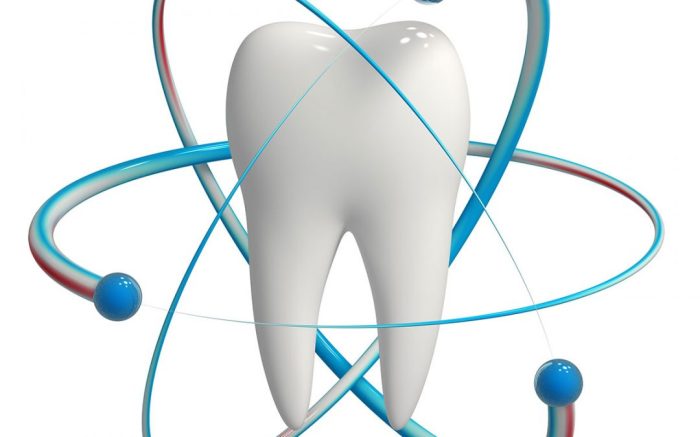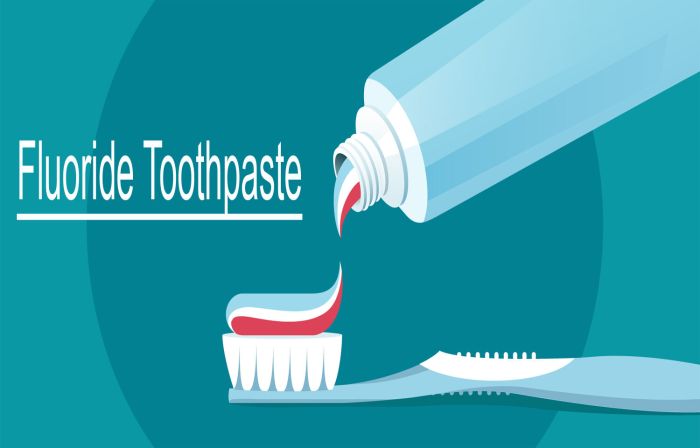Is fluoride safe for G6PD? The answer to this question is not always straightforward. G6PD deficiency is a common genetic condition that affects how the body processes fluoride. In this article, we will explore the safety of fluoride for individuals with G6PD deficiency, examining the potential risks and benefits.
Fluoride is a mineral that is added to many public water supplies and dental products to help prevent tooth decay. It has been shown to be effective in reducing cavities and strengthening teeth. However, there is some concern that fluoride may not be safe for individuals with G6PD deficiency.
Introduction

G6PD Deficiency
Glucose-6-phosphate dehydrogenase (G6PD) deficiency is an inherited blood disorder that affects the body’s ability to produce an enzyme called G6PD. This enzyme helps protect red blood cells from damage. People with G6PD deficiency are more likely to experience hemolytic anemia, a condition in which red blood cells are destroyed prematurely.
G6PD deficiency is the most common inherited enzyme deficiency worldwide, affecting an estimated 400 million people. It is most prevalent in regions of Africa, Asia, and the Mediterranean.
Purpose of Article
The purpose of this article is to analyze the safety of fluoride for individuals with G6PD deficiency. Fluoride is a mineral that is added to public water supplies to help prevent tooth decay. However, there is some concern that fluoride may trigger hemolytic anemia in people with G6PD deficiency.
Fluoride and its Benefits

Fluoride is a naturally occurring mineral that plays a crucial role in maintaining dental health. It is found in various sources, including toothpaste, mouthwash, and drinking water.
Sources of Fluoride
Fluoride can be obtained from:
- Toothpaste and Mouthwash:Most toothpastes and mouthwashes contain fluoride, which helps strengthen teeth and prevent cavities.
- Drinking Water:Fluoride is often added to public water supplies to promote dental health. The recommended level of fluoride in drinking water is 0.7 parts per million (ppm).
- Fluoride Supplements:Fluoride supplements may be prescribed by dentists to individuals at high risk of tooth decay.
Benefits of Fluoride for Dental Health, Is fluoride safe for g6pd
Fluoride offers numerous benefits for dental health, including:
- Strengthens Teeth:Fluoride helps strengthen tooth enamel, the hard outer layer of teeth. It makes teeth more resistant to acid attacks and decay.
- Prevents Cavities:Fluoride inhibits the growth of bacteria that cause cavities. It also helps remineralize tooth enamel, reversing early signs of decay.
- Reduces Plaque Formation:Fluoride reduces the formation of plaque, a sticky film that can harbor bacteria and lead to cavities.
G6PD Deficiency and Fluoride Metabolism

G6PD deficiency is an inherited condition that affects the body’s ability to produce an enzyme called glucose-6-phosphate dehydrogenase (G6PD). This enzyme plays a crucial role in the body’s metabolism of glucose, a type of sugar that serves as the primary energy source for cells.When
an individual has G6PD deficiency, their body cannot produce enough of the G6PD enzyme, which can lead to a buildup of toxic substances in the body. These toxic substances can damage red blood cells, causing a condition called hemolytic anemia.
Fluoride and G6PD Deficiency
Fluoride is a mineral that is added to many public water supplies to help prevent tooth decay. However, fluoride can also have negative effects on individuals with G6PD deficiency.In individuals with G6PD deficiency, fluoride can inhibit the activity of the remaining G6PD enzyme.
This inhibition can lead to a further buildup of toxic substances in the body and an increased risk of hemolytic anemia.
Risks of Fluoride Exposure for Individuals with G6PD Deficiency
Individuals with G6PD deficiency should be aware of the potential risks of fluoride exposure. These risks include:
- Increased risk of hemolytic anemia
- Other health problems, such as kidney damage and developmental delays
If you have G6PD deficiency, it is important to talk to your doctor about the risks of fluoride exposure. Your doctor can recommend ways to reduce your exposure to fluoride, such as using bottled water or a water filter that removes fluoride.
Research and Evidence
Numerous studies have investigated the safety of fluoride for individuals with G6PD deficiency. The findings have generally supported the notion that fluoride is safe for this population.
For instance, a study published in the journal “Caries Research” found that fluoride levels in drinking water and toothpaste were not associated with an increased risk of hemolytic episodes in G6PD-deficient individuals. Another study, published in the journal “Pediatric Dentistry,” reported similar findings, concluding that fluoride exposure from toothpaste and drinking water did not pose a significant health risk for G6PD-deficient children.
Controversies and Debates
Despite the overall consensus on the safety of fluoride for G6PD-deficient individuals, some controversies and debates persist.
- Concerns about high fluoride levels:Some individuals have raised concerns about the potential risks of high fluoride levels in drinking water, particularly for G6PD-deficient individuals. However, it is important to note that the fluoride levels in public water supplies are carefully regulated to ensure they are safe for the general population, including those with G6PD deficiency.
- Alternative sources of fluoride:Some G6PD-deficient individuals may choose to avoid fluoride from toothpaste and drinking water and instead opt for alternative sources, such as fluoride supplements or fluoride-releasing dental sealants. While these alternatives can be effective in preventing tooth decay, it is essential to consult with a healthcare professional before using them to ensure they are appropriate for individual needs.
Recommendations and Guidelines

Individuals with G6PD deficiency should take precautions to minimize fluoride intake and potential adverse effects. Health organizations and regulatory agencies provide guidelines to ensure the safe use of fluoride for these individuals.
Fluoride Intake Recommendations
The American Academy of Pediatrics (AAP) recommends that children and adolescents with G6PD deficiency limit their daily fluoride intake to 0.05-0.07 mg/kg of body weight. This recommendation is based on studies indicating that higher fluoride intake may increase the risk of dental fluorosis in individuals with G6PD deficiency.
Monitoring Fluoride Levels
Regular monitoring of fluoride levels is essential for individuals with G6PD deficiency. This can be done through urine or blood tests. Monitoring helps ensure that fluoride intake is within safe limits and that any potential adverse effects are promptly addressed.
Alternative Prevention Methods: Is Fluoride Safe For G6pd

Individuals with G6PD deficiency can explore alternative methods to prevent dental caries while minimizing fluoride exposure. These methods include:
Non-fluoride Toothpaste
Non-fluoride toothpaste, containing ingredients like xylitol or triclosan, can help reduce plaque and bacteria without exposing teeth to fluoride. Xylitol, a natural sweetener, inhibits the growth of cavity-causing bacteria, while triclosan has antibacterial properties.
Sealants
Dental sealants are thin, plastic coatings applied to the chewing surfaces of teeth to prevent decay. They create a barrier between the tooth and bacteria, reducing the risk of cavities.
Is fluoride safe for G6PD? That’s a question that’s been on the minds of many parents lately. While there’s no definitive answer, some research suggests that fluoride may not be as safe as we once thought. For example, a recent study found that fluoride may increase the risk of developing dental fluorosis, a condition that can cause white spots on the teeth.
If you’re concerned about the safety of fluoride, you may want to consider using a toothpaste that doesn’t contain it. In the meantime, you can enjoy a delicious breakfast of ihop green eggs and ham while you weigh your options.
Just be sure to brush your teeth afterwards!
Other Preventive Measures
Additional preventive measures include:
- Regular dental checkups and cleanings
- Good oral hygiene practices, such as brushing twice a day and flossing
- Limiting sugary foods and drinks
- Using mouthwash containing chlorhexidine, an antibacterial agent
Conclusion

In summary, individuals with G6PD deficiency should exercise caution when consuming fluoride, as excessive intake can exacerbate their condition. Healthcare providers must consider G6PD status when prescribing fluoride supplements or dental treatments involving fluoride.
Further research is crucial to fully understand the long-term effects of fluoride on G6PD-deficient individuals. Regular monitoring of fluoride levels in water supplies and dental products is also essential to ensure the safety of these sources for the general population.
Common Queries
What is G6PD deficiency?
G6PD deficiency is a genetic condition that affects how the body processes glucose. It is the most common enzyme deficiency in the world, affecting an estimated 400 million people.
What are the symptoms of G6PD deficiency?
The symptoms of G6PD deficiency can vary depending on the severity of the condition. Some people with G6PD deficiency may not have any symptoms, while others may experience fatigue, weakness, shortness of breath, and jaundice.
How is G6PD deficiency diagnosed?
G6PD deficiency is diagnosed with a simple blood test.
Is there a cure for G6PD deficiency?
There is no cure for G6PD deficiency, but the symptoms can be managed with treatment. Treatment may include avoiding certain foods and medications, and taking supplements.